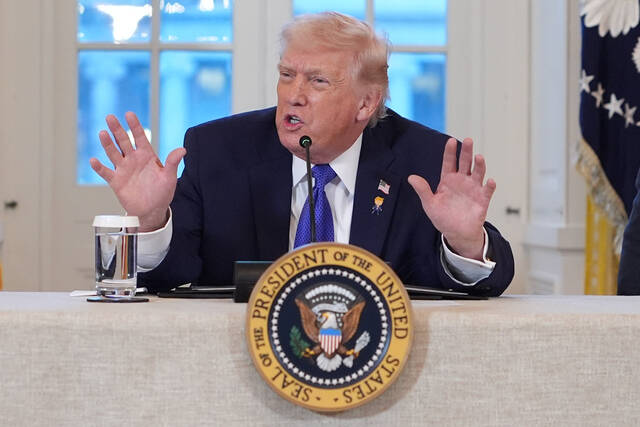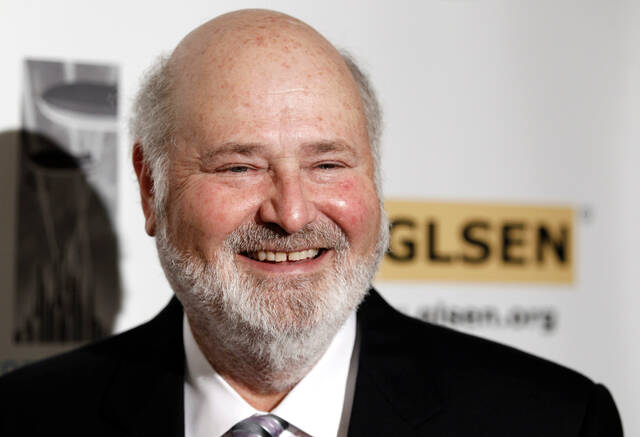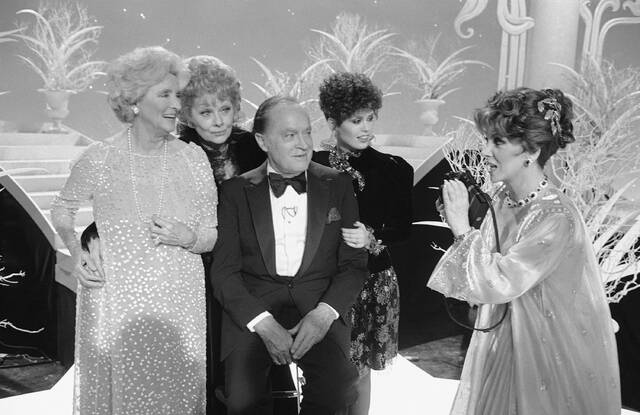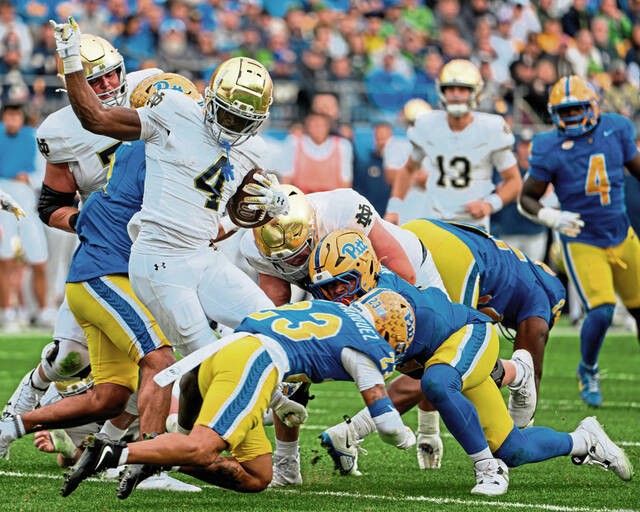In response to my last column on Major League Baseball’s silence in the face of repression in Cuba, I got an email from a Trib reader with an altogether different angle. He was less outraged by MLB’s silence than BLM’s “vocal support” of the Cuban regime. His point is more valid than most people probably realize.
“Black Lives Matter condemns the U.S. federal government’s inhumane treatment of Cubans, and urges it to immediately lift the economic embargo,” said the BLM statement, which described the U.S. embargo as a “cruel and inhumane policy” instituted with “the explicit intention of destabilizing the country and undermining Cubans’ right to choose their own government.”
That statement is remarkable in its ignorance. In reality, the explicit intention of the embargo has always been to encourage Cubans’ right to choose their own government. Implemented 60 years ago by President John F. Kennedy, the embargo’s intention is to push Cuba to hold the free and fair elections that Fidel Castro promised in 1959. According to the terms of the embargo, it would be lifted by those elections. Fidel and his brother, of course, have always refused, knowing that free elections would push them out of power.
The BLM assessment was an outrage, and people responded in kind. Sen. Marco Rubio, whose family escaped Cuba, was furious: “The extortionist ring known as the Black Lives Matter organization took a break today from shaking down corporations for millions & buying themselves mansions to share their support for the Communist regime in #Cuba.”
Rubio was far from alone. And the fact is that BLM’s response shouldn’t surprise anyone.
“We are trained Marxists,” says Patrisse Cullors, founder of BLM. “We are super-versed on … ideological theories.”
Cullors’ memoirs lay this out at length. The book opens with a statement that relates acutely to both Karl Marx and the Cuban regime. Specifically, the lead quote on the dedication page is from Assata Shakur, echoing the famous line from the Communist Manifesto: “We have nothing to lose but our chains.”
Who is Assatu Shakur? She’s a crucial inspirational figure to Cullors and BLM. In the 1970s, Shakur was on the FBI’s Most Wanted List. A member of the Black Liberation Army, she was convicted in the murder of a police officer in a May 1973 shootout on the Jersey Turnpike. She was sentenced to prison for life but escaped in 1979. Interestingly, she hid out in a house in Pittsburgh. The authorities could not locate her.
Ultimately, Shakur surfaced in Fidel Castro’s Cuba in 1984, where she has been hiding and protected ever since. She remains on the Most Wanted List. And she is a hero and a role model to Cullors.
Thus, it is no shock that BLM said what it said about Cuba. In fact, BLM’s Cuba statement explicitly referred to Shakur: “Cuba has historically demonstrated solidarity with oppressed peoples of African descent, (including) Black revolutionaries like Assata Shakur,” as well as Marxist regimes in Angola and Mozambique.
Again, no surprise whatsoever.
As some of us have said over and over, until we’re blue in the face, the Marxism matters. The Marxist sympathies of BLM’s founders matter. The organization’s Cuba statement is yet another example.








